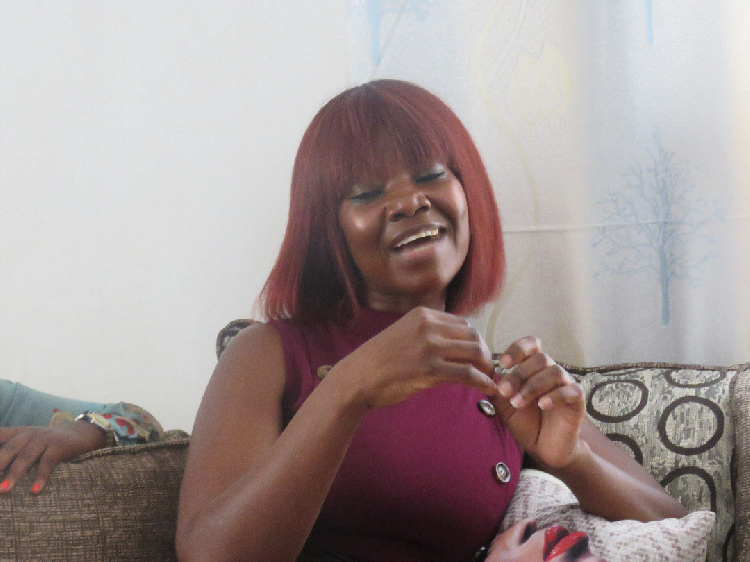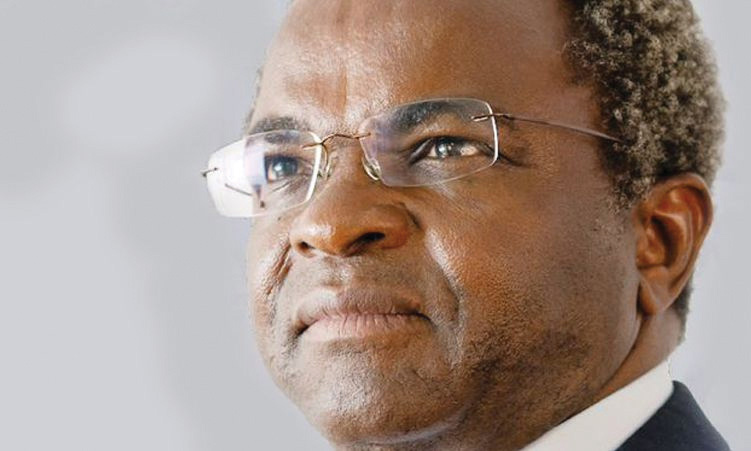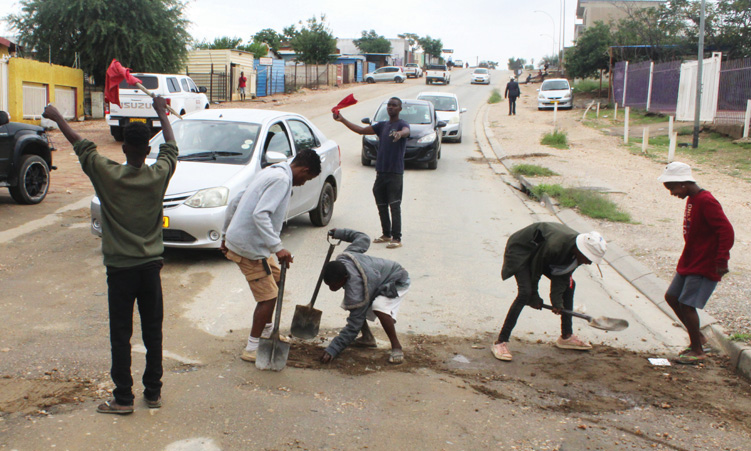INFORMAL sector traders are currently the biggest investors in the Namibian economy, accommodating at least 56% of the country’s workforce.
This was revealed by Tangeni Shindondola, the director of the recently established Dynamic Informal Traders’ Association (Dita), on Friday.
“This is the fastest-growing employment sector in the country, given massive retrenchments and lay-offs, and it is growing at a rate of 5% annually,” said Shindondola, who conducted a study of the sector, commissioned by the International Labour Organisation (ILO) last year.
She said Dita was registered in March 2021 to advocate, research, and influence policies, and analyse them, as well as lobby the government, and local and regional authorities to formalise the informal sector and ensure workers have access to decent work, services and social protection.
“We are an advocacy organisation, and Namibia needs policies to protect this sector and its massive investments,” she said.
Shindondola said as the nation approaches Vision 2030, Dita realised the national development plans, as well as the programmes and policies of the Ministry of Industrialisation and Trade, and the Ministry of Finance are silent on the informal sector.
As a result, this sector may be stuck where it is for the next 50 years.
“How can we industrialise if we are not working on our policies to make them accommodate everyone by creating a conducive environment for business?” she asked.
Shindondola said any person in the informal sector is eligible for membership of Dita, which has the support of the ILO and also falls under the Streetnet International organisation.
Streetnet International is a global organisation of committed informal traders, which aims to promote and leverage an autonomous and democratic alliance of street vendors, hawkers, and cross-border traders in over 50 countries.
It has 55 global affiliates, which are national trade unions, federations, associations and city alliances, and 31 of these are in Africa with a total of more than 427 200 members.
According to Shindondola, Streetnet programmes also facilitate the strengthening of strategic links with trade unions and cooperative movements, the ILO, and other important global institutions.
“The ILO motivated the registration of Dita so they could have a go-to organisation for helping Namibia’s informal traders,” Shindondola said.
She said while informal traders had received the organisation well, their biggest hurdle was convincing the traders of the benefits they would receive as members of the association for a monthly subscription of N$5.
Shindondola said the main challenges they encountered to register the non-governmental organisation (NGO) was the time it took and the cost involved.
“There are too many procedures at different sites, which make it difficult to do business in Namibia. It also costs about N$10 000 for the registration process, which takes about five months. We need a one-stop shop for registration to cut costs.”
She said the majority of informal traders lost their incomes and livelihoods during the Covid-19 lockdowns, and had they belonged to an association like Dita, they would have lobbied the policymakers on their behalf to make it easier for the vendors to relaunch their businesses.
“We want to engage policymakers to change some obsolete laws to benefit traders. We also engage in capacity building, training and educating, as well as supporting traders to move from informal to semi-formal and formal trading.
“The more they are formalised, the more they have access to social protection, and this would help rebuild the economy and increase central government and local authority revenue collection.
“We are also looking at forming smart partnerships with institutions like the Social Security Commission, the Ministry of Labour, Industrial Relations and Employment Creation, and the local authorities of the jurisdictions informal traders work in,” she said.
Shindondola said Dita wants to avoid a situation where vendors, especially in the central business district (CBD), are always in conflict with the City Police who confiscate their wares, forcing them to borrow money to start all over again.
“In fact, the city is using apartheid-era laws, saying black people should not trade in the CBD. If the council could repeal this policy from our ugly past and demarcate stalls in the CBD for these vendors, we would have a win-win situation.”
Shindondola, who also runs an informal business, said traders must be aware of the law, and if it is unfavourable to their operations it is their responsibility to mobilise and approach the authorities for an amicable redress.
“Law enforcers should also do their work in a responsible manner and aim to protect the people and their property, instead of confiscating and destroying people’s livelihoods,” she said.
The Windhoek-born activist said thanks to her family’s small vending business, she was able to go to the University of Namibia, where she obtained a bachelor’s degree in commerce, before obtaining a bachelor’s degree in corporate communication from the University of Johannesburg, and a master’s degree in business administration in Berlin, Germany.
Email: matthew@namibian.com.na
Stay informed with The Namibian – your source for credible journalism. Get in-depth reporting and opinions for
only N$85 a month. Invest in journalism, invest in democracy –
Subscribe Now!










